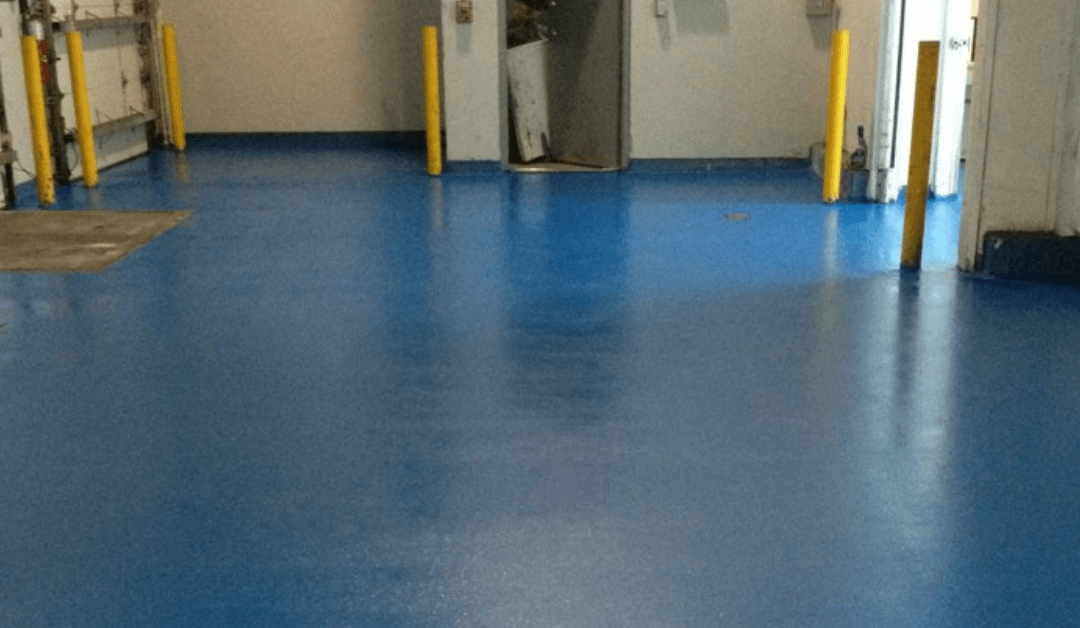At Florida Epoxy, we offer a wide array of industrial flooring products and services- but how do you know which type of flooring is the best suited to your specific needs? This is especially true when it comes to making the choice between two of the most commonly used types of resin, which are epoxy and polyurethane. Both of these materials come with their own characteristics and strengths and both are suited to different industries and applications. However, they both share some key characteristics- both Epoxy and PU floor solutions are durable, hard wearing and can provide waterproofing while simultaneously protecting your concrete floor from a whole range of damage and dirt. Read on to learn more about similarities and differences between epoxy flooring versus resin flooring. Based in Miami, Florida Epoxy is a top provider of epoxy flooring in the Broward County area. Call Florida Epoxy today for your Epoxy flooring cost estimate!
Differences Between Epoxy & Resin Flooring To Know
Typically, a polyurethane floor coating is highly flexible and elastic, while epoxy flooring tends to be harder and more brittle. Polyurethane coatings are thus more resistant to light damage like scratches, and this is why you’ll typically find urethane resin floors in high-traffic but low-chemical areas such as multi-story car parks. The extra flexibility that resin flooring provides also makes them ideal for applications in extreme temperature situations due to the fact that the flooring can expand the contract with the changes in temperature- preventing cracks from happening. Another way that epoxy and urethane resin floor coatings differ is how chemical resistant they are. While they are both chemical resistant, they are resistant in different ways. Polyurethane systems are more resistant to natural chemicals like lactic acid; if an epoxy floor is exposed to lactic acid, it may experience a degree of corrosion and yellowing. However, epoxy provides far better protection when it comes to strong artificial corrosive like sulphuric acid and tend to be better in areas such as airplane hangars or art galleries.
The Right Industrial Flooring For You
For the reparation of existing concrete flooring, both polyurethane and epoxy solutions offer unique solutions. Epoxy is a thinner compound and can be used to fill cracks in concrete, while polyurethane flooring compounds are great for bridging gaps and cracks in an existing substrate due to the fact that it is more flexible. When it comes to installation, PU flooring options are a lot more sensitive to humidity, making them bad options for places that have high degrees of moisture. Epoxy resin flooring may be affected by water throughout the application process, but to a much less degree, making it more suitable for areas that are impacted by moisture. The installation and curing times also vary between the two; a PU surface can be cured to full strength over a few days, whereas the same area of epoxy flooring can take a whole week to dry fully. Epoxy flooring cost can also be more affordable.
Contact Us Today
When it comes to the question of industrial flooring, there are pros and cons to each type of flooring. To get your epoxy flooring cost estimate in Broward county, call Florida Epoxy at our Miami office today!


Recent Comments